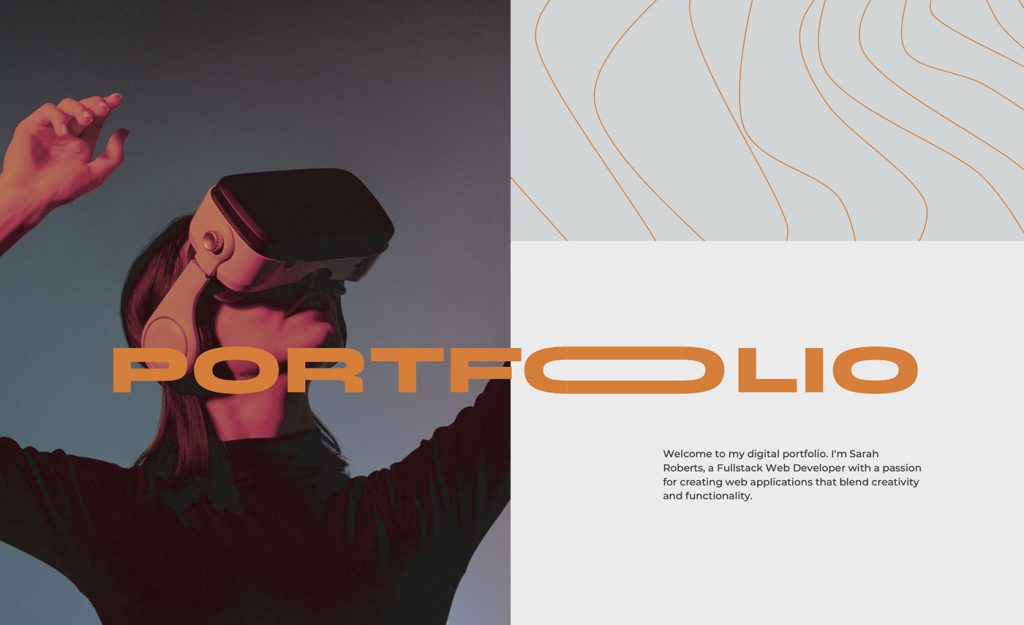Hubspot estimates that a 400-person conference on the level of something like Hustle Con could realistically cost around $20,000 to host, not to mention all the time and coordination that goes into running an event that size.
As you can imagine, conference organizers have to charge outlandish registration fees in order to make an event of that size profitable. What’s more, many of them gate off the most valuable parts of the events (namely, the workshops and other interactive activities), to those who pay more for access to them.
With the high cost to put on a conference and the high cost to attend one, are design conferences worth anyone’s time anymore?
Reasons Why Conferences May Be Declining
Here’s the thing: design and development conferences don’t seem to be in short supply these days. Many of the major players in this space — A List Apart, Smashing Magazine, IBM, Gartner, Adobe — continue to put on annual conferences that attract attendees in big numbers.
But does that mean that design conferences are a good investment of anyone’s time and money, be it the host, speakers, attendees, or sponsors?
There are certainly a number of valid objections people could make:
They’re Expensive
McCrindle and the Melbourne Convention Bureau set out to discover what’s happening with The Future of Business Meetings (i.e. conferences and other professional events). Their report revealed that these were the most commonly reported challenges:
It should come as no surprise to anyone that the cost of these events and the destinations in which they are held take the top three spots.
While some employers may still be inclined to spend marketing dollars on sending employees to professional conferences, this likely isn’t something self-employed designers can afford to do for themselves. Unfortunately, this is a group of professionals that could greatly benefit from the educational and networking opportunities available at conferences.
What’s more, the stuff that would make attending an event like this worth it (e.g. workshops, one-on-one opportunities with guest speakers, etc.) is only available when you pay for upgraded VIP packages.
PowerPoint Sucks
One of the problems with speakers relying on a stack of notecards or a PowerPoint presentation is that they’re committed to the words and graphics before them. Not on engaging with the audience.
We’ve become so accustomed to ingesting content quickly on the web and having brief but often valuable discussions on social media with our peers, that this lecture-like format can feel tedious.
When conference sessions are formatted in such a manner, this can easily leave attendees feeling bored and disconnected. Worse, stack up enough of these sessions back-to-back over the course of an eight-hour day, for multiple days in a row, and they could have a bad case of burnout by the end of it.
They’re Shallow
Dave Thackeray, the Communications Director of Word and Mouth, was asked why he attends marketing conferences. This was his response:
I only ever go to marketing conferences to meet new people and listen to their experiences. Those people never include the speakers, who are generally wrapped up in their own world and rarely give in the altruistic sense.
Thackeray isn’t the only one who finds value in spending less time watching the stage. McCrindle survey respondents said they devote less time to keynote speeches and sessions, too:
Instead, it’s their hope that more time will be given to meaningful networking encounters.
It’s Repetitive Information
One of the problems with planning a large conference is that they need to have well-known guest speakers along with a well-formulated schedule to lure in attendees. And if they want to sell a lot of tickets in order to turn a profit, this information has to be made available to the public early.
There are a couple of problems with that…
For starters, conferences end up with many of the same guest speakers who give the same ol’ messages to every crowd they stand before.
Then, there’s the fact that speakers have to plan their topics in advance. When this happens, conferences end up loaded with basic topics that designers could easily get from blogs, vlogs, and podcasts.
If conferences are planned too far ahead, they end up relying too much on “celebrity” speakers than on creating a thought-provoking and future-focused schedule of discussions.
Should You Spend Your Money on a Conference This Year?
There are many reasons why you might feel as though attending a design conference isn’t worth it. Unpaid time away from work. Boring topics. Too many lectures and not enough questions answered.
But there are also many reasons why you should consider attending a design conference regardless of the objections.
Change of Pace – For many of us, solo work environments at home are the norm. Conferences give you a reason to break out of your routine and try learning (and maybe even doing) in a different location.
Networking – While you can certainly “meet” fellow designers and creatives online, nothing beats the experience of talking to your peers over a cup of coffee or a pint.
Build Your Brand – Whether you go to a conference as an attendee, a speaker, or a sponsor, it gives you a new opportunity to get your brand out there.
Exploration / Education – When choosing a conference, the topics covered are likely to be the biggest draw for you. But don’t just use this as an opportunity to re-examine what you know. Explore other fields, other techniques, and other tools.
New Formats – The traditional conference format — with keynote speakers, breakaway sessions, and the occasional break or after party — may not have much of a future. However, new conference formats have a good chance of surviving:
As you can see, many people envision formats that are more convenient, more interactive, and feel more personal. And because many of these won’t rely on an oversized convention space and celebrity speakers, the cost to host and cost to attend should be much lower, too.
But, look, if you’re still feeling wary about the value of conferences, why not join a local professional group instead? They’re convenient, cost-effective, and still give you a chance to learn and mingle with your peers.
Featured image via Unsplash.









